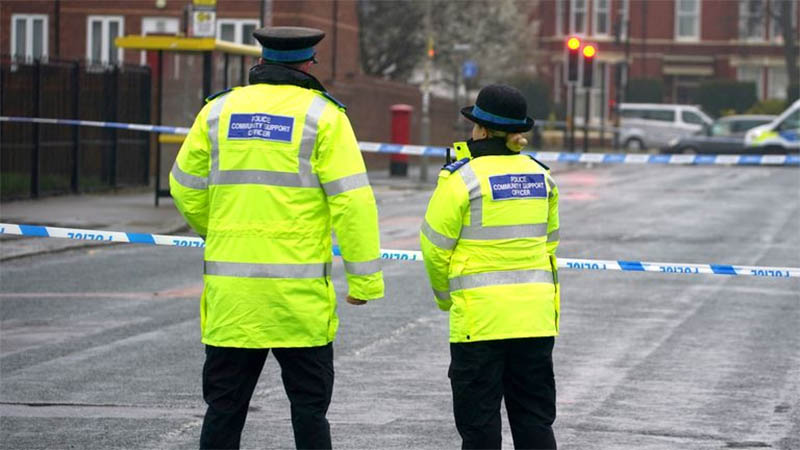
Police Chiefs Seek Operational Independence in Response to Braverman’s Crime Directive
Share0The National Police Chiefs’ Council (NPCC) has asserted the need for “operational independence” in handling crime, following the directive by Home Secretary Suella Braverman that mandates police forces in England and Wales to investigate every instance of theft.
Braverman emphasized her stance that diminishing the significance of crimes like shoplifting, vehicular or phone theft, and criminal damage is “unacceptable.” She urged police forces to pursue every “reasonable line of enquiry” to strengthen investigations and curtail crime rates.
In a public letter to both the Home Secretary and the Policing Minister Chris Philp, NPCC’s chair, Gavin Stephens, expressed concerns about the strain on the entire criminal justice system due to the increasing demands on the police. He advocated for a collaborative approach, stating “more needs to be done together.”
Stephens highlighted the discrepancy in inconsistent approaches across different police forces. He noted that out of 43 police forces, around 21 still operate with fewer officers compared to a decade ago. As a result, Stephens emphasized the importance of preserving operational independence for police chiefs to address the varying priorities of local communities.
While acknowledging the government’s pledge to hire an additional 20,000 officers, Stephens underscored that there has been only a 2.6% increase in the number of police officers since 2010, juxtaposed with a 25% surge in reported crimes. Advocating for a stronger neighbourhood policing framework, he termed it the “bedrock” and called for a boost in neighbourhood officer numbers.
The shared commitment from the Home Office, NPCC, and the College of Policing to pursue every reasonable investigative lead is a cornerstone of the “crime week” policy proposals introduced by the government.
Braverman, commenting on her directive, lamented the cases where police overlooked promising leads for what are perceived as minor crimes, stressing that such oversights erode public trust in policing and insisting that “Criminals must have no place to hide.”
Labour representatives criticized the announcement, labelling it a stark confession of the Conservative Party’s inefficiency in managing policing and crime over the past 13 years. They highlighted the present predicament wherein a staggering 90% of crimes remain unsolved and the rate of prosecuted crimes has plummeted drastically. A Labour spokesperson opined that while the Tories are lauding their emphasis on fundamental police duties, they continue to neglect the root issues they instigated.
